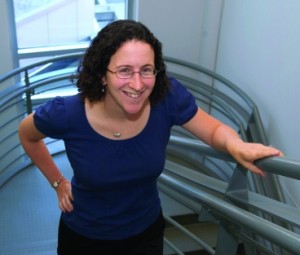OPPORTUNISM: AN ALTRUISTIC SPIN
Opportunities…
life is replete with them- some golden, some missed, some once in a lifetime. With
opportunity comes the opportunism a chance to “take advantage of a situation” can
carry either a negative or a positive connotation depending on the context in
which it is set. Unethical “opportunism” implies manipulation and making unfair
gains, while “opportunism” may also reflect a sense of entrepreneurialism and initiative
when one takes advantage of a situation.
In reflecting upon this question, I often find
in my daily life that I strive to act as selflessly as possible, which in
essence is the antithesis of “opportunism”. I approach life with a perspective that I
would rather give than receive, and basically, do everything within my
capabilities to support and help out the people in my life. I’m always willing
to volunteer to do the tasks that others do not want to and am more apt to go
out of my way to do something for someone else to avoid “putting them out”. The
above anecdote about my personality is not in any way supposed to come off as self-righteous
or hubristic. I am a pushover and a people pleaser, more often rather than not the
disadvantaged party in cases of “opportunism”. Seeking to live a life based on
altruism carries numerous challenges and obstacles, both from the outside world
and intrinsically.
I
chose to act un-opportunistically usually in the hope that the good deed will
be repaid someday or to uphold morals or even to gain that sense of pride and
self worth when doing “the right thing”. I often think people act out against “self-interest”,
because their personal conception of “self-interest” may not lie solely within themselves.
Human beings-the social creatures that we are- often invest what we consider
our version of “self-interest” in the well-being of others around us. In another
sense, what I’m posing is that opportunistic behavior may need an expanded
definition. There may be a way to reconcile both opportunism and altruism. It
is perfectly possible for one individual to deny and opportunity in the interest
of the betterment of another person, operating so that another person can ‘take
advantage of the situation’. Rather than controlling a situation for their own
individual gain, someone may act to “open a door for” or “give a boost to” someone
else. This still implies taking advantage of a situation, but with altruistic intentions.
The personal benefit derived from this comes in service to another person.
